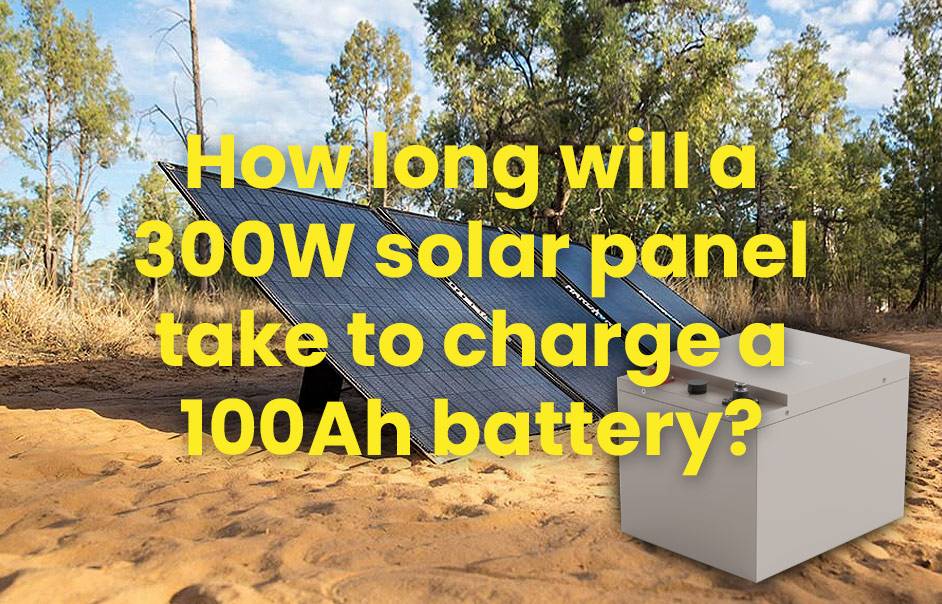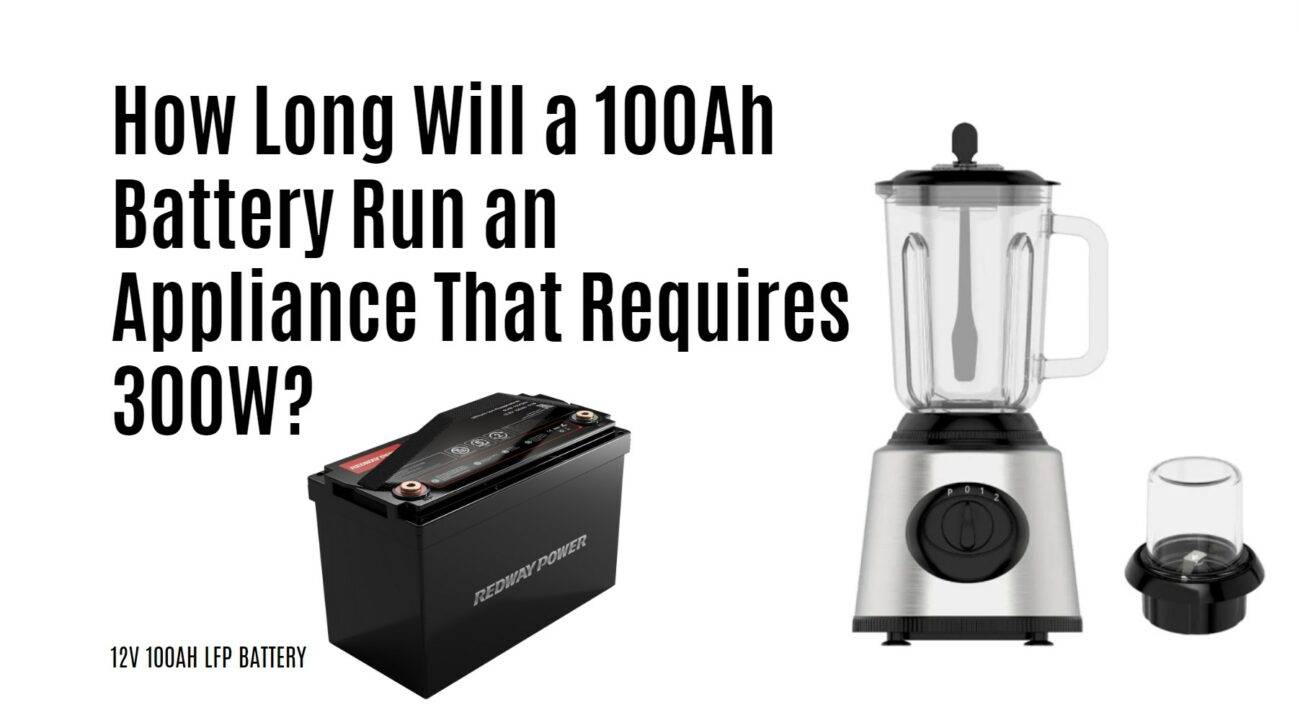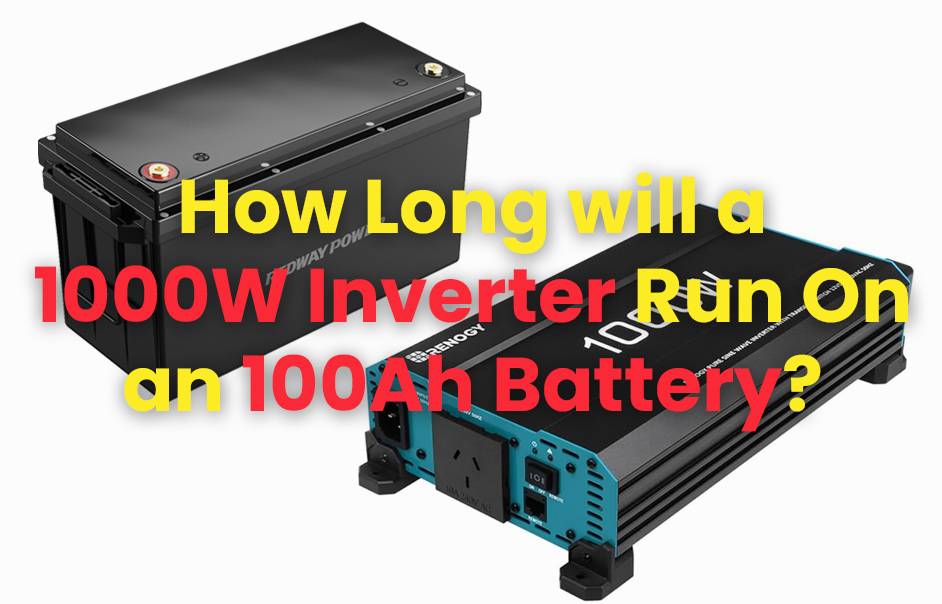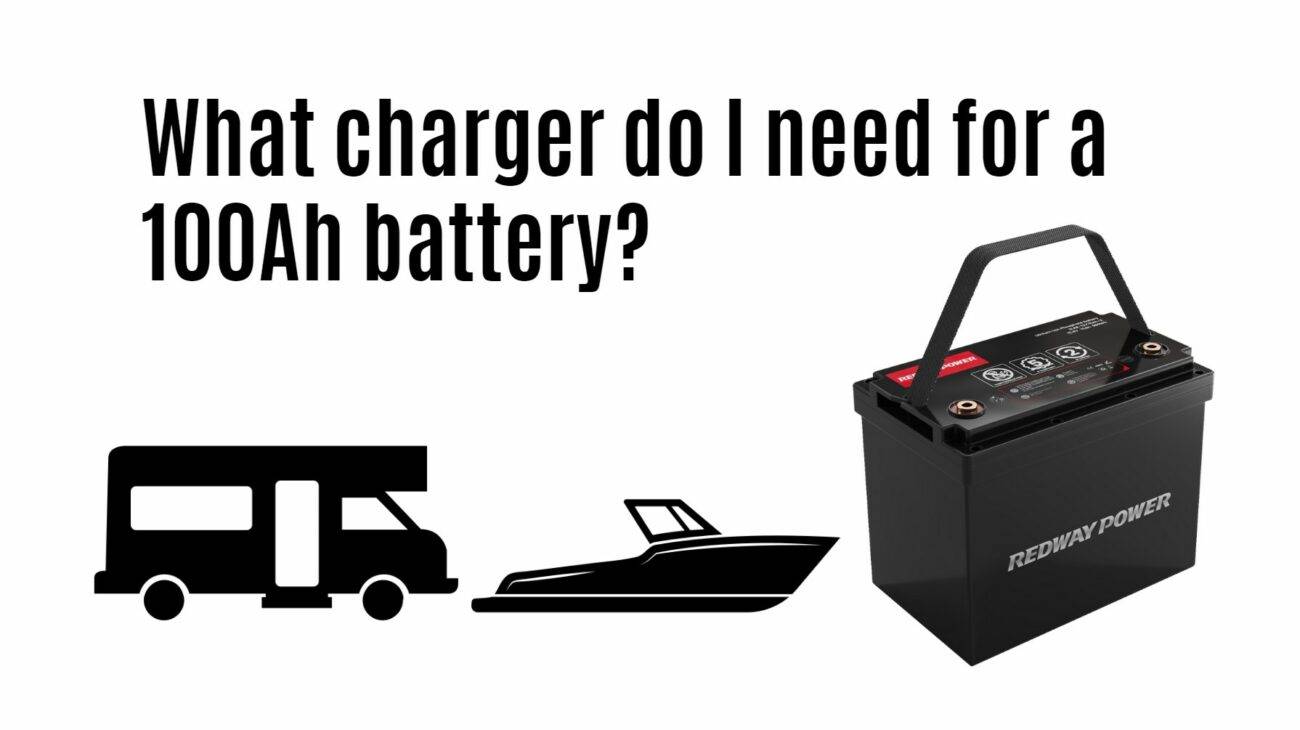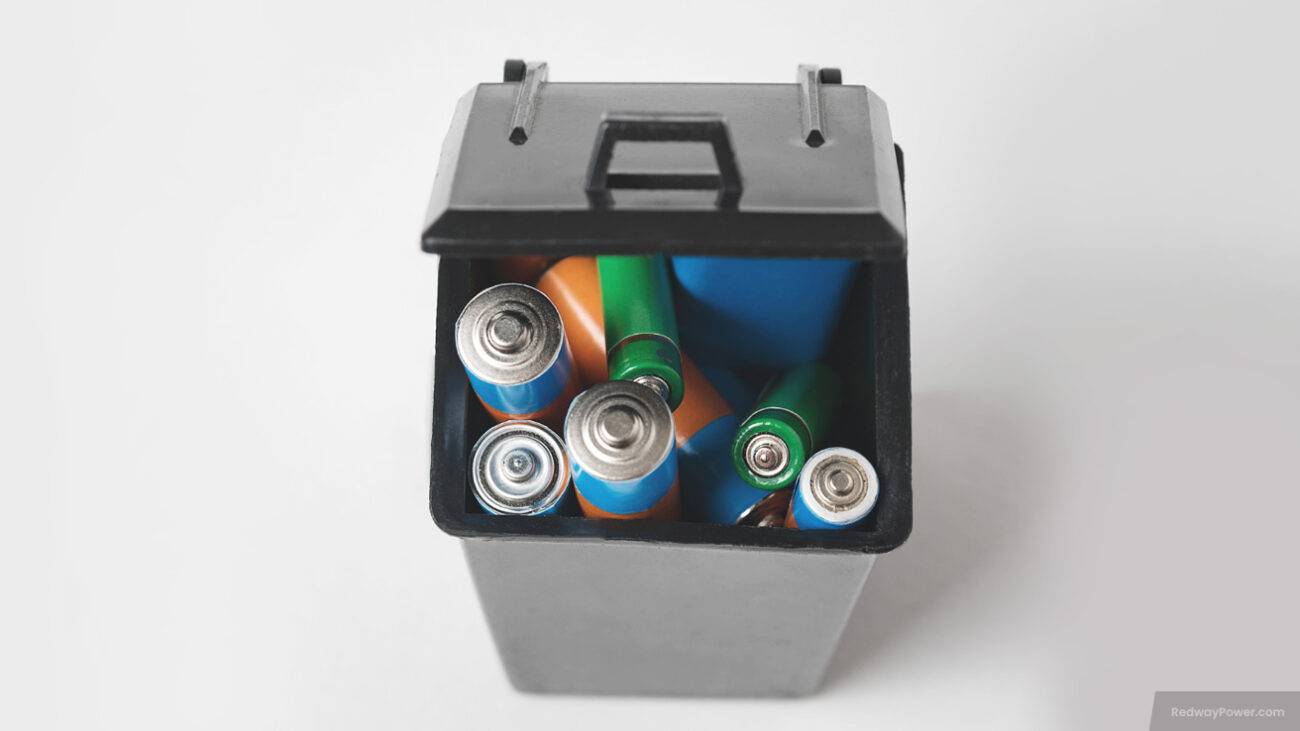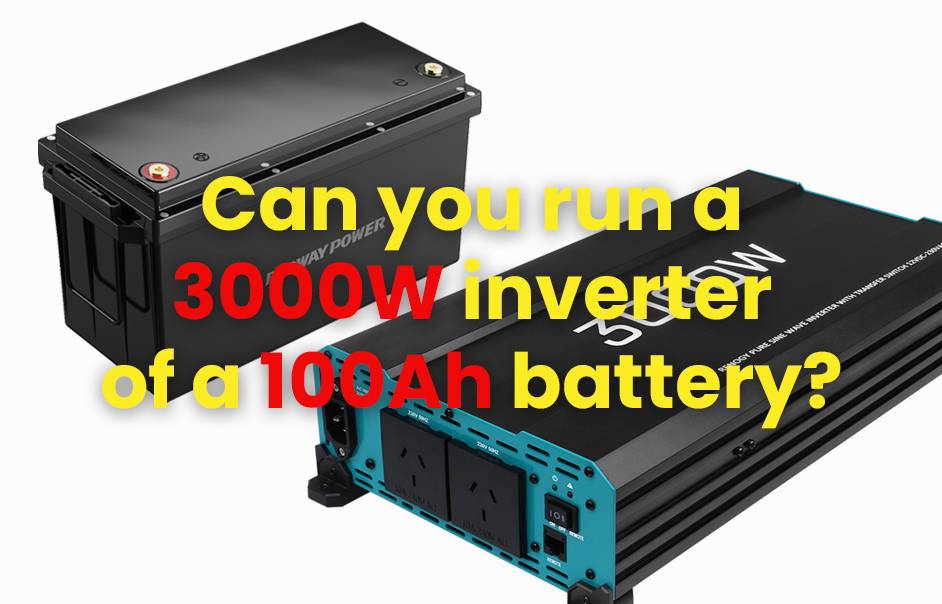Welcome to our blog post on solar power and batteries! If you’re considering harnessing the sun’s energy to charge your battery, you’ve come to the right place. Solar panels are a fantastic way to generate clean and renewable electricity, but understanding how long it takes for them to charge a battery can be a bit of a mystery. In this article, we’ll dive into the details of how long it will take for a 300w solar panel to fully charge a 100Ah battery. So grab a cup of coffee and let’s shed some light on this topic together!
Understanding the Capacity of a 300w Solar Panel
Factors Affecting Charging Time
- Sunlight Availability:
- The amount of direct sunlight directly influences charging speed.
- More sunlight allows the 300W solar panel to charge the 100Ah battery faster.
- Temperature Impact:
- Optimal solar panel efficiency occurs at around 25°C (77°F).
- Extreme temperatures, whether too high or too low, can slow down the charging process.
- Solar Panel Alignment:
- Position the solar panel directly facing the sun for maximum exposure.
- Incorrect alignment or obstructions prolong charging time.
- Shading Effects:
- Even minimal shading from trees or buildings significantly reduces power output.
- Shaded panels extend the overall charging duration.
- Additional Device Consideration:
- Devices connected to the battery draw power during charging.
- Assess and minimize additional device usage for efficient charging.
Optimizing Conditions:
- Ensure proper solar panel alignment and minimize shading for maximum sunlight exposure.
- Monitor and regulate temperature to maintain optimal panel efficiency.
- Disconnect unnecessary devices to streamline the charging process.
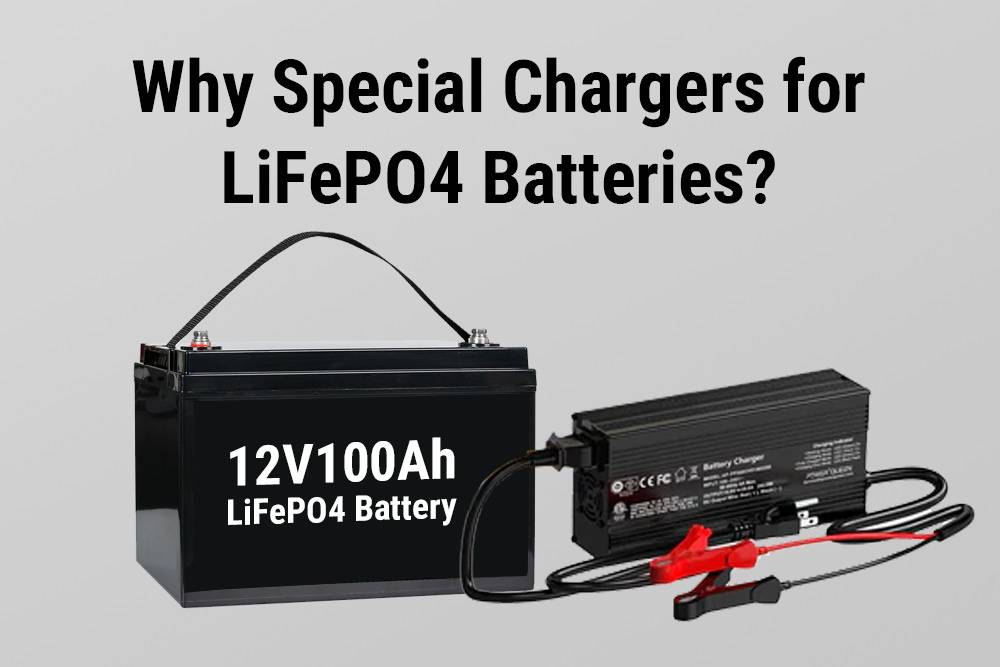
Calculating the Charging Time for a 100Ah Battery
- Key Factors:
- Solar panel wattage: 300W
- Battery amp-hour (Ah) rating: 100Ah
- Conversion Steps:
- Convert watts to amps: 300W / 12V (typical battery voltage) = 25A output from the solar panel.
- Charging Time Calculation:
- Divide battery Ah rating (100Ah) by charging current (25A): 100Ah / 25A = 4 hours.
- Ideal Conditions Estimate:
- Under optimal conditions with full sunlight, it takes approximately four hours to fully charge a 100Ah battery using a 300W solar panel.
- Real-World Considerations:
- Real-world conditions may vary due to temperature fluctuations and shading.
- Avoid discharging batteries below certain levels for optimal lifespan.
- Optimizing Charging Time:
- Maximize sun exposure by aligning panels towards direct sunlight.
- Consider additional panels for faster charging if needed.
Understanding these calculations and implementing optimization strategies ensures efficient utilization of your solar power system.
Tips for Optimizing Charging Time
- Strategic Solar Panel Positioning:
- Face the solar panel directly towards the sun for optimal exposure.
- Position at an ideal angle to maximize sunlight absorption.
- Regular Panel Cleaning:
- Clean panels regularly to remove dust and debris.
- Ensure a clean surface for maximum sunlight absorption and faster charging.
- Utilize a Charge Controller:
- Employ a charge controller to regulate energy flow.
- Prevents overcharging or undercharging, ensuring efficient power distribution.
- Consider Higher Wattage Panels:
- Invest in a higher wattage panel (e.g., 300w or 400w) for increased power output.
- Reduces charging time for a 100Ah battery.
- Minimize Power Consumption:
- Turn off unnecessary devices during charging.
- Prioritize battery charging by minimizing additional power consumption.
- Parallel Panel Connection:
- Connect multiple panels in parallel for increased current output.
- Accelerates charging times for your battery setup.
Implementing these tips enhances the efficiency of charging your 100Ah battery with a 300w solar panel. Stay mindful of weather conditions for optimal performance.
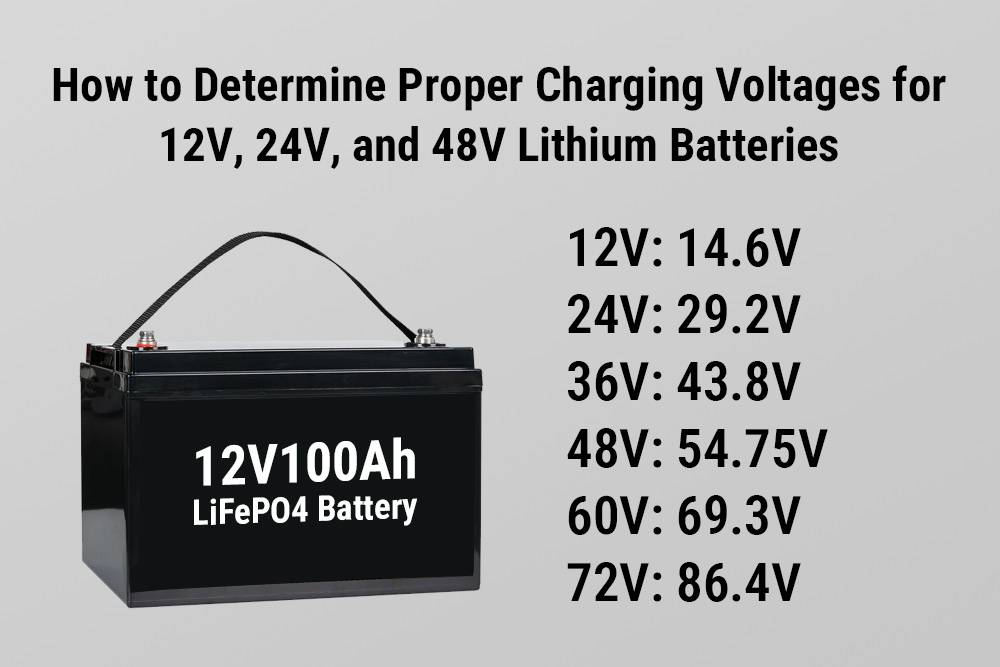
Alternative Options for Faster Charging
- Larger Solar Panel Upgrade:
- Increase the solar panel size for higher wattage capacity.
- Significantly reduces charging time for a 100Ah battery.
- Connect Multiple Panels:
- Parallel or series connection of multiple panels.
- Boosts overall power output, potentially cutting down on charging time.
- MPPT Charge Controllers:
- Utilize Maximum Power Point Tracking (MPPT) controllers.
- Constantly optimize solar panel efficiency for faster and more effective energy transfer.
- Lithium-Ion Battery Integration:
- Consider switching to lithium-ion batteries.
- Higher energy density and charge retention for quicker recharging and prolonged charge.
- Generator Backup:
- Integrate a generator backup system.
- Provides additional power when sunlight is unreliable, ensuring consistent fast-charging.
Important Consideration:
- Before making changes, consult with solar power professionals for tailored advice.
- Ensure upgrades align with specific needs and requirements.
These alternatives allow customization to meet specific charging time needs, ensuring efficient utilization of solar power.

